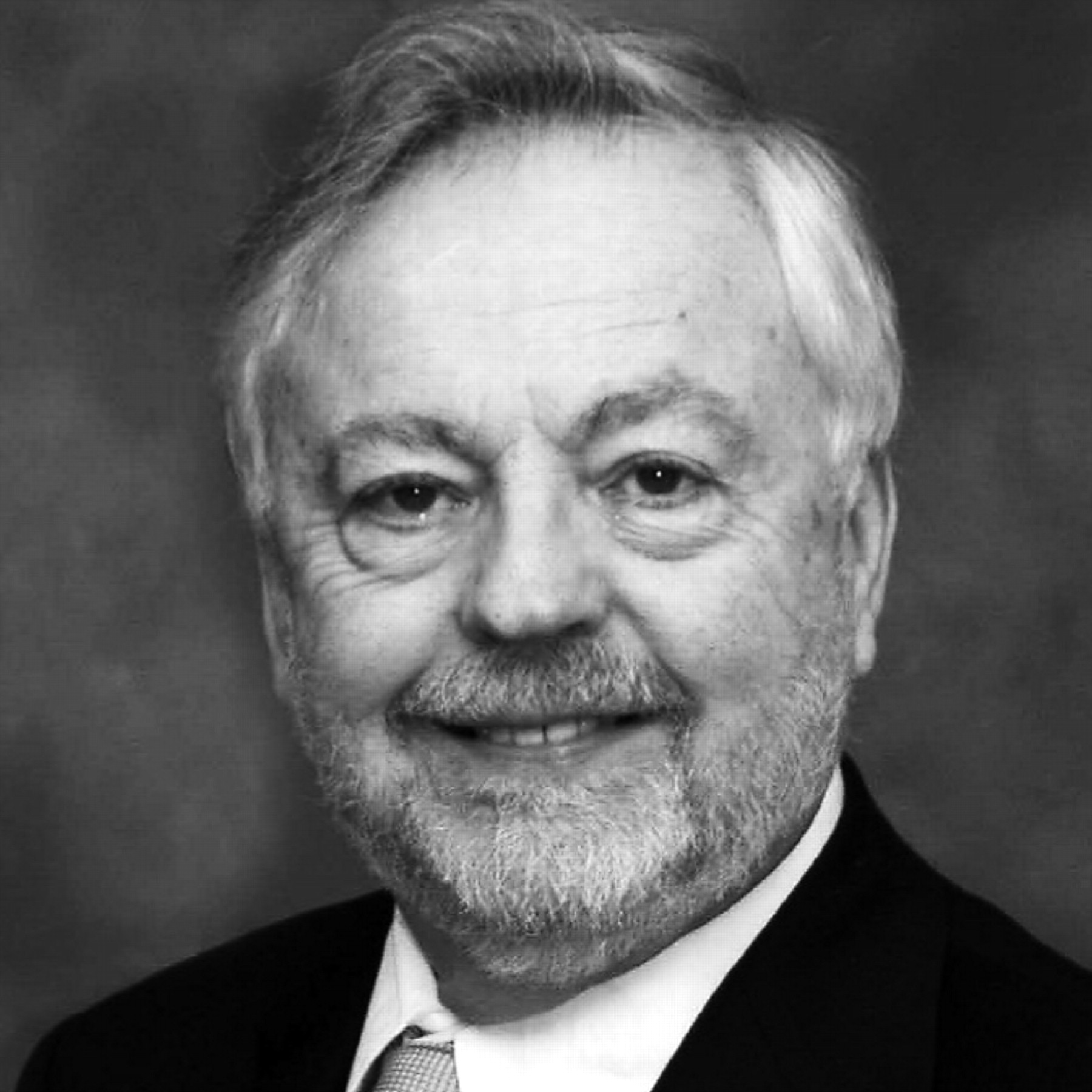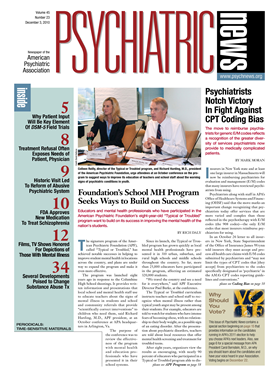The role of Area Trustee presents an opportunity to listen, to educate, and to represent our members on the APA Board. APA has downsized or sunset many components and committees; thus, it is even more important that our district branches and membership are better represented on the Board of Trustees.
We are faced with major challenges including undervaluation and underfunding of our services, the stigma of mental illness, managed care restrictions, workforce reentry issues, scope-of-practice issues, and the new health care bill. We must remain vigilant in maintaining the gains we have achieved while striving for more.
As a three-term president of the Tennessee Psychiatric Association, I am aware of the need to never rest in our efforts to defend against psychologists prescribing, as we have fought the challenge yearly for each of the past 12 years. As an educator, I work closely with UTHSC Department of Family Medicine to promote training and collaboration between family physicians and psychiatrists, understanding of what problems can be treated by the primary care physician, and when and how to consult a psychiatrist. We have developed telepsychiatry models within the faculty practice group to bring the expertise of our faculty to rural communities in Tennessee and northern Mississippi.
I have encouraged our faculty and MIT psychiatrists to become more involved in district branch and APA activities, and we have maintained 100 percent APA membership for the past four years. I have worked with the other three academic chairs of psychiatry in Tennessee to encourage the same at their institutions.
As a former CEO of a private psychiatry contract management company, I have a good understanding of the importance of leadership and teamwork in achieving progress. Having built a psychiatric management company from start-up to number 5 in the U.S. before merging with the number 1 company, I understand overcoming adversity and the importance of building carefully and maintaining financial stability while growing.
Having spent more than 35 years as a clinician in group, solo, and faculty privatepractice models, I fully understand the challenges facing psychiatrists today. We are constantly asked to provide more and better care with fewer resources and for less revenue.
I have worked throughout my career representing psychiatry in organized medicine at state and national levels and worked with the APA delegation to achieve a better understanding of the contributions and needs of psychiatry. I have served in a leadership capacity in several affiliate organizations including president of the Southern Psychiatric Association and the Board of Directors of both American Geriatrics Society (three years) and American Association for Geriatric Psychiatry (six years). As the only psychiatrist at the 1995 White House Conference on Aging, I worked with other mental health professionals and APA staff to obtain top priority for parity as an emphasis for both Congress and the White House.
If elected trustee for Area 5, I will use my hard-earned skills to work for you.
Primary Professional Activities and Sources of Income
Professional Activities
100%—Professor and chair of psychiatry, University of Tennessee College of Medicine, Memphis
30%—Faculty clinical practice
Income
90%—University of Tennessee College of Medicine
10%—University of Tennessee Medical Group (faculty practice group)

